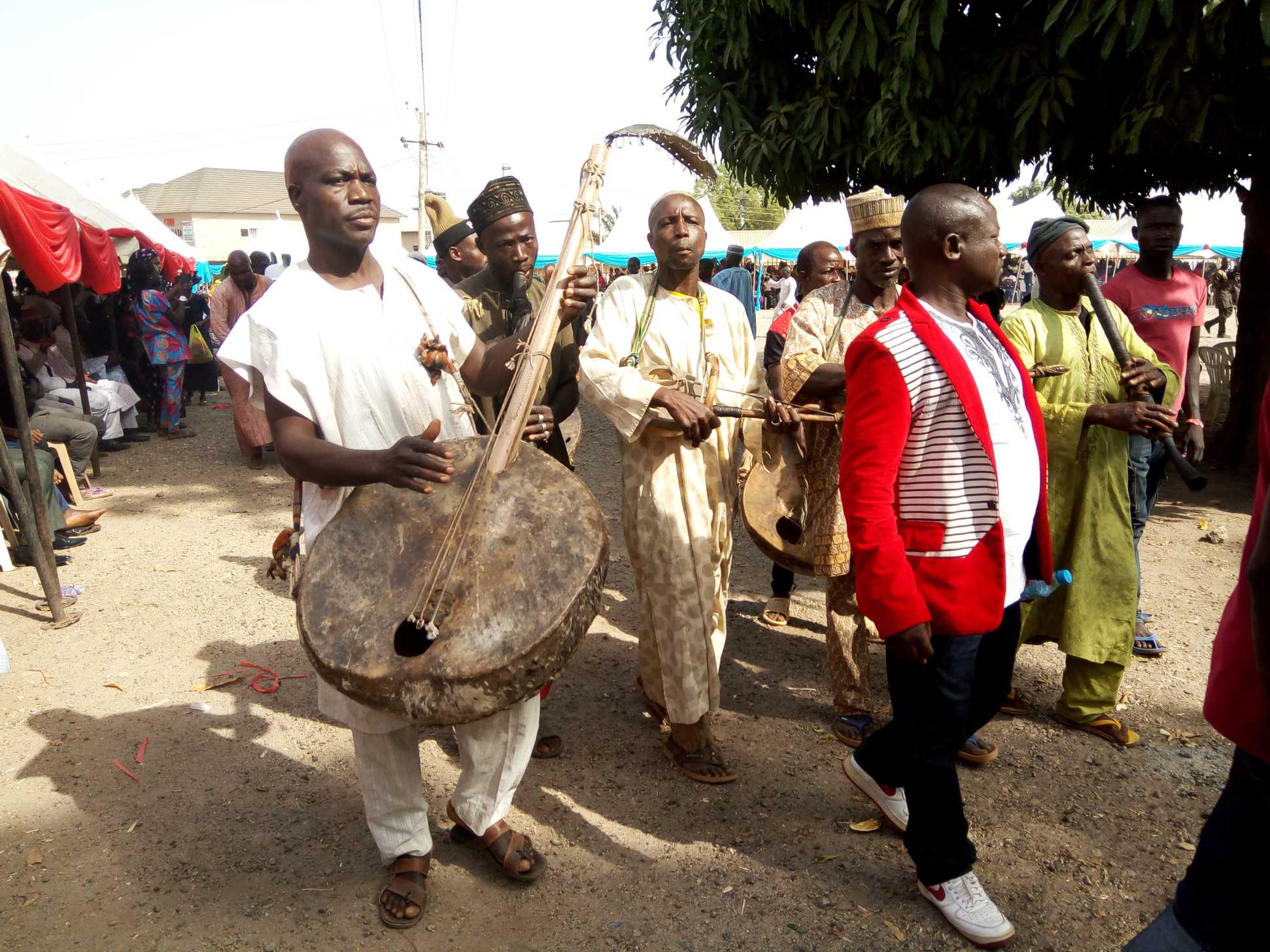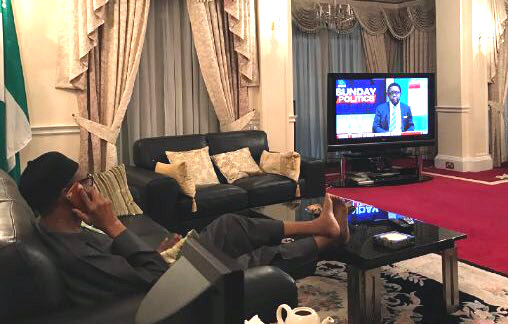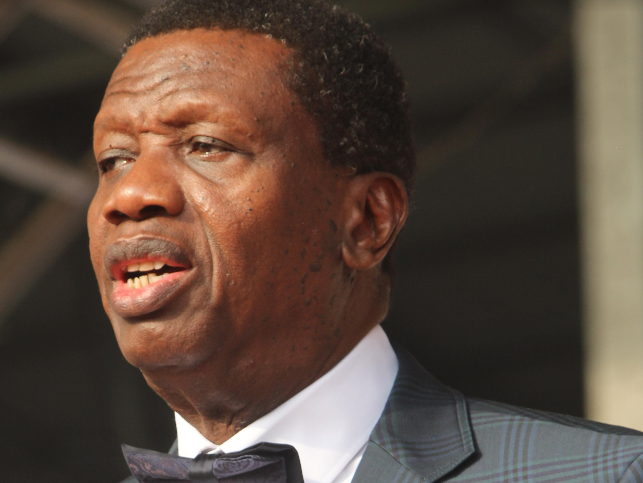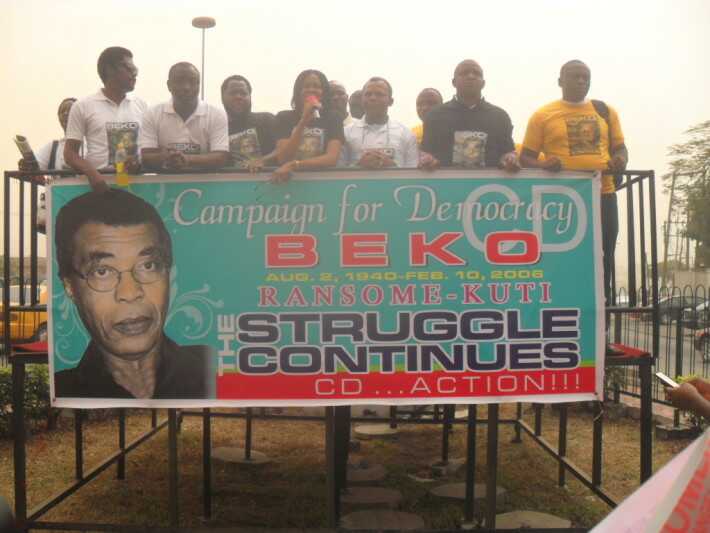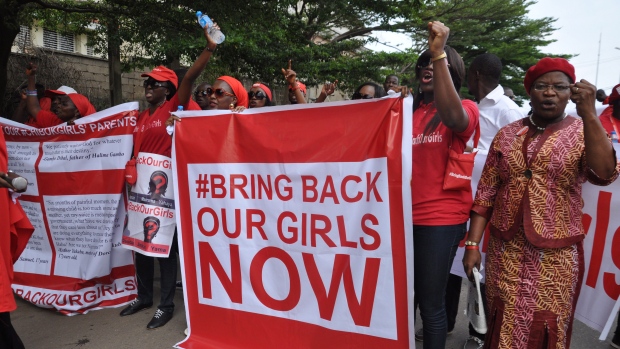As I sat to watch the televised procession of President Jacob Zuma into the precinct chamber of South Africa’s National Assembly complex before his State Of the Nation’s Address, two leadership quotes came to my mind. One, it is not the power in the position that is important but ability to take charge, being accountable for the governed is important. Two, leadership is lifting the governed’ vision to high sight, raising of a governed’s performance to a higher standard, the building of personalities beyond their normal limitations. Anything short of this is not leadership but power mongering and selfishness.
State of the Nations’ address usually presents opportunity for the leader of a nation to brief the national assembly about government’s activities. More also it holds as a ceremony for the beginning of a parliamentary year. For South Africa, this started in 2008 with President Thambo Mbeki.
As soon as the house was seated, everyone could feel the palpable tension in the house and the position held by Baleka Mbeke, the Speaker and the Chairman of South Africa Parliamnet (SOP) was not an enviable one for that day. There were shades of opinion, which idea democracy represents. To be honest, Baleka Mbeke tried her best in allowing different opinions and points of orders to be raised even though it was obvious she tactically ignored and overruled some. The voices of the opposition represented by Economic Frontier Force (EFF) led by Julius Malema and Democratic Alliance led by Mmusi Maimane.
The cause of the tension is the man with heavy burden of alleged corruptions, President Jacob Zuma, to which he had acknowledged some himself. With these burden, the opposition felt Jacob Zuma has no moral rights to be called South African President nor deserve a right to address the Parliament.
Advertisement
But since the State of The Nation’s address is a yearly ritual of the Parliament and the Speaker would not want the event not to hold, she needed to do all within her power in making sure it held despite overwhelming resistant. Besides, she belongs to the ruling party, ANC, and her allegiance and that of the other party members are at stake. As we can see from the body language of many of ANC members in the house, many of them maintained their silence for party allegiance or political correctness and nothing based on principle sake.
Despite this, the Speaker eventually wielded the big stick by forcefully ejecting, with the use of state Police, EFF members who had already raised point of order against their presence within the National Parliament arena. After this, Democratic Alliance Members also staged a walk out leaving behind ANC members. When this happened, one saw how Thambo Mbeki, Justice Mokoena (former President and Present Chief Justice of the nation) who were seated in the gallery bowed their heads in shame of a nation.
As an individual, I thought about the man in the eye of the storm, Jacob Zuma, and his type scattered across Africa. What does power mean? What is the definition of leadership to him? Why do you stay put to lead and serve people who say you are irrelevant and not needed? Does leadership and power mean a mean of amassing public fund or enriching personal lifestyle at the expense of the led? Why and when did service become a force when those you claim to serve say you are a burden to them and it is time to go? When will Africa leaders and especially the two major eyes of the continent : Nigeria and South Africa, become the cynosure of excellence? We are grateful for now that a single man, President Buhari, is leading a crusade of Anti-Corruption crusade in Nigeria. But as we know he is on a solo run as many of his lieutenants have not bought into this crystal vision that can propel the change.
Anyway we shall return to that questions another day. Let us see democracy in the Parliament of South Africa and that of Nigeria. In many cases, Nigeria and Nigerians have not enjoyed the kind of opposition that is based on principle and not ‘sharing formula’ before. The so called ‘ integrity group’ had crumbled along the way as its leader was seen ‘loading his cap with heavy Dollars from the Oil magnate’.
Advertisement
The argument as we later saw was not based on love for Nigeria per se but a desire to protect and ensure personal future fortune. Let us also look at allowance made for opposition’s voice level, a demand in democracy, at the South Africa’s Parliament and that of Nigeria. In my own small understanding, there was high level or allowance made for opposing voices. To a degree, EFF and DA, voices were not stifled. Some of their arguments were allowed while some were ruled out of order.
A high level of diplomacy came into play despite the fact that the Speaker was in a tight corner. Pleasing her party and doing her official duty. Even when Julius Malema raised a weighty allegation against her on both local, national and terrestial Televisons with regards to her being used and dumped by Jacob Zuma, she did not ask the Police to eject him based on that or required that Malema withdrew unsubstantiated allegation.
That might have contributed to this but no one could accuse her of victimising opposition because of opposition personal insult on her person. For this, one must give kudos to South Africa’s parliament and democracy.
Let us imagine the same scenario in Nigeria where the Speaker or the Senate President already knew the President would face same still opposition. One, aside from the use or state Police, the pre-discussion before the President is allowed to make his presentation will be so short so no opposing voice is allowed at all.
Advertisement
That is if any discussion is allowed at all. The session would have gone into the main business of the day straight after the greetings. Unlike the situation where discussion and point of orders were allowed to be raised for about one hour. Other permutation according to my little knowledge is that the Speaker would have closed his eyes to the hands raised by the opposition.
Again, if a member had washed the dirty linen of the ‘dis’-Honourable Speaker in the public like Malema did, such honourable member would have earned himself a minimum of six months suspension from the floor of the house for being a rebel.
Again, one also saw that The President after taken the podium to speak was asked to go and take his seat twice because the Speaker wanted to make room for points of order raised by the opposition members. Here in Nigeria, when the Commander-in-Chief has been given the floor, no one would dare ask him to go and sit down for a mere member of the house who wants to ‘abuse’ the President. Also, did we also notice that despite the excesses of the young opposition members of not respecting the office and person of the President as they called President Jacob Zuma several unprintable names like rogue, thief, criminal amongst others no one slapped their face.
They were only rough handled when the Speaker asked them to leave and they did not leave. On a lighter note, if the Speaker was already aware there is tension in the house that can put ‘sand in his gari’ on the floor of the house tomorrow, heavy ‘networking and Ghana must go’ overnight exercise would have been done so much that everyone will be smiling on the floor of the house instead of antagonism. May God help Nigeria!
Advertisement
Views expressed by contributors are strictly personal and not of TheCable.
Add a comment



